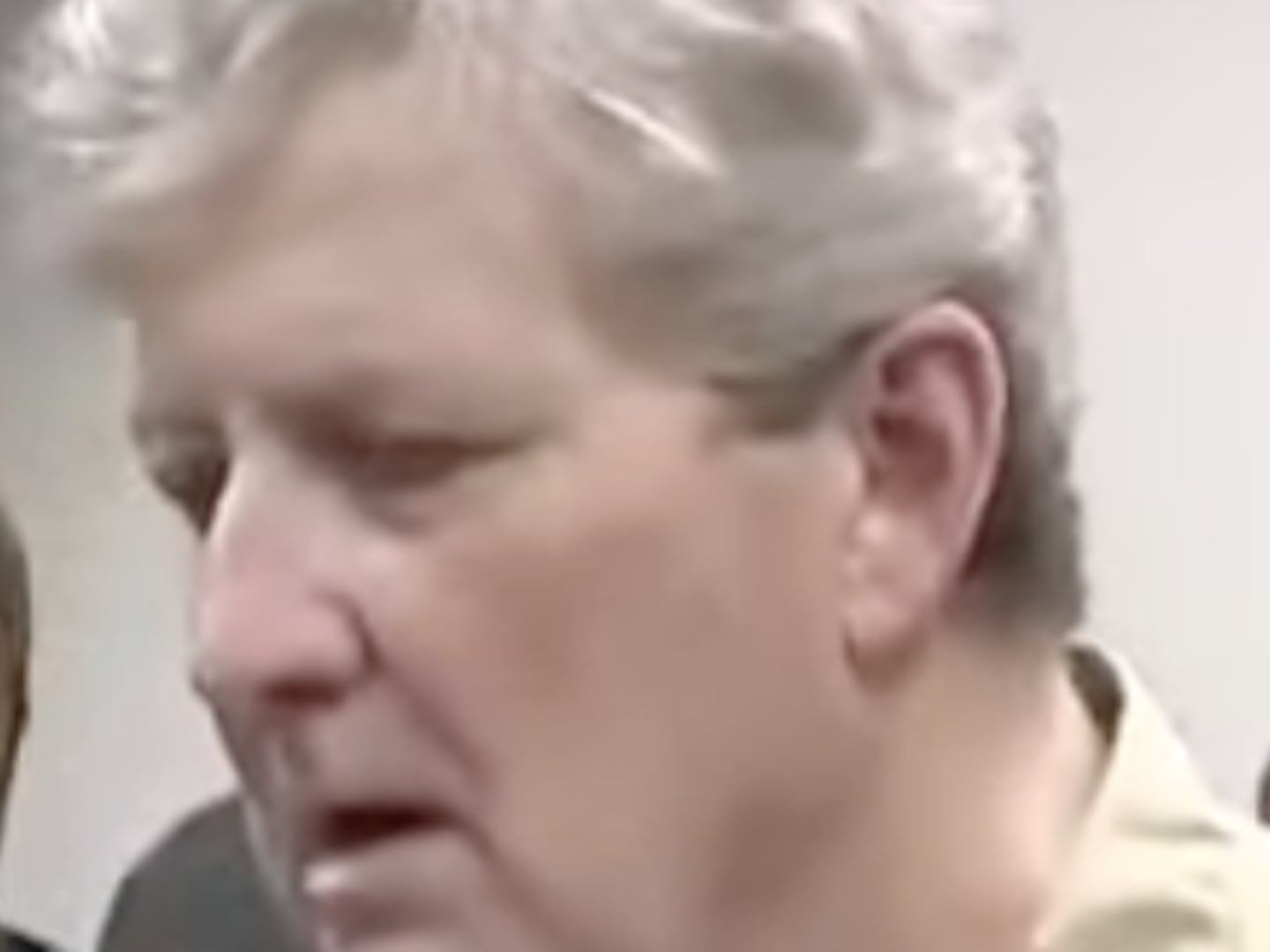World
Chris Collingridge/AP
Oscar Pistorius Now Being Seen by Many South Africans as a Fallen Hero
PARALYMPIAN TRAGEDY
As the ‘mistaken identity’ narrative crumbles, South Africans are having second thoughts about their Paralympics icon. By Eusebius McKaiser.

Trending Now




